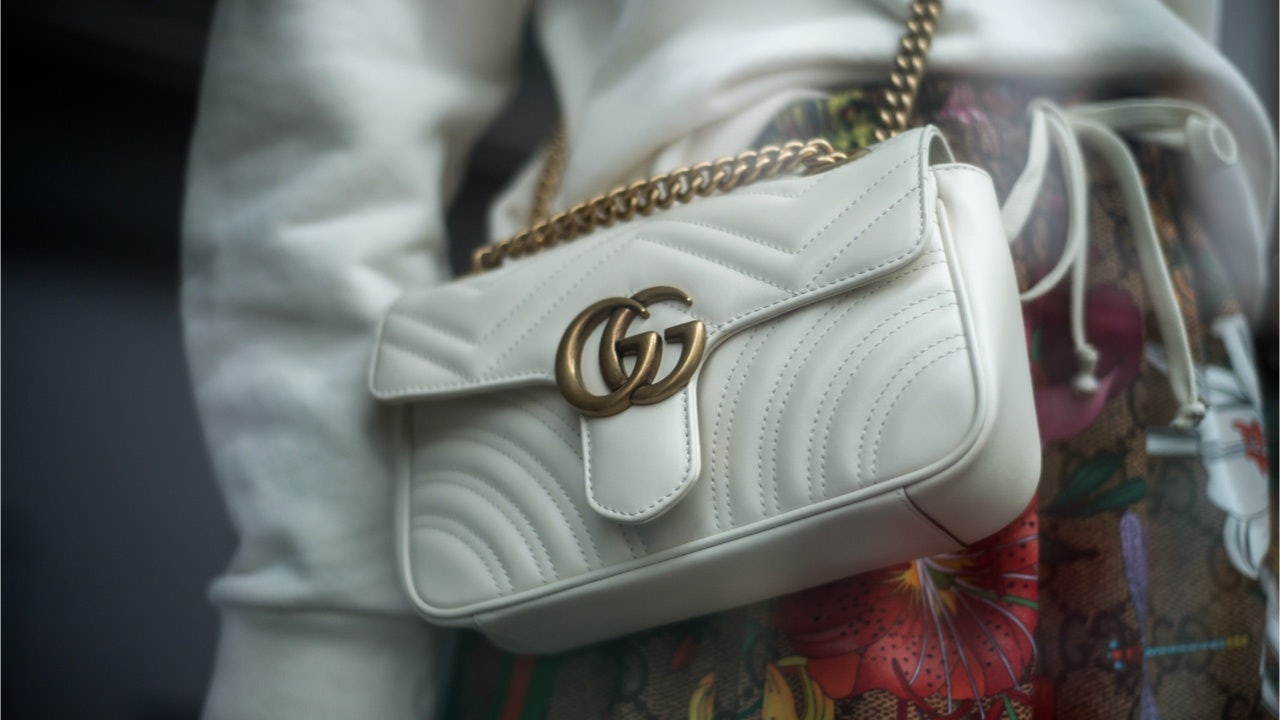The Coronavirus outbreak is doing much more than simply slowing down commerce. To everyone in China, it’s become a disorienting, time-stopping social disaster. The consequences it brought to China's luxury outlook aren’t just economic; they’re also psychological. Most of the journalism surrounding the virus has looked at its business impact, but few have attempted to shed light on just how the crisis will shape Chinese consumers' sentiments toward spending after the virus is vanquished.
For brands that want to confront the future consequences of this outbreak, learning about China’s emerging consumer attitudes is practical. How can a company convey a marketing message that doesn't sound out of place to a public who just experienced this type of fear, trauma, and paranoia? Across Chinese social media, sentiments regarding rational spending, eco-consciousness, and nationalism are thriving. Here are three major attitude shifts Jing Daily expects to take shape in a post-coronavirus China:
A tighter grip on luxury spending#
Aggravated by a slowing economy and an uncertain trade war, the virus crisis has continued to lower China's luxury consumer confidence. Although most business leaders have voiced their hope for a "rebound effect" after this latest disaster (similar to the one that China saw after the SARS virus), the socioeconomic landscape is more complicated than with past outbreaks. In 2003, China's luxury spending quickly recovered in the year's second quarter after the SARS outbreak ended, and it has grown at a strong rate ever since. But in 2020, while already facing a slowing economy before this epidemic, a sense of survival-first conservatism will likely prevail.
As tempting as it may be, comparing the coronavirus outbreak to the SARS epidemic is a dangerous move. China's broader economic backdrop was very different in the early 2000s as was the spending confidence of the affluent class. China had just joined the WTO in 2001, and the promise of a better, richer future quickly manifested itself in the thriving years of consumption that lay ahead.
Yet the coronavirus' impact on Chinese luxury spending might be a long-term issue this time, claims Zhou Zhanggui, a strategic advisor and Financial Times columnist, to Jing Daily. “Unlike the SARS period, we are now in an era of economic downturn and reversed globalization,” he says. “The psychological impact of this virus is likely to drag China's spending power down further."
Becky Li, a top-tier Chinese influencer, also said that she’s noticed greater attention being paid to "the importance of saving" among the Chinese millennial class. "My team members are mostly post-1990 and post-1995 youngsters, and they all agreed that they wouldn't spend carelessly anymore,” she states. “This outbreak has reminded everyone, from individuals to business owners, about the crucial importance of having an emergency fund."
In 2019, debt-ridden Chinese youths and their enjoy-first, worry-later hedonism became the focus of many international news articles. Now, this unexpected crisis is likely to force them to keep a tighter grip on their luxury spending.
Growing eco-consciousness#
Sustainability and climate change are overarching themes in executive-level discussions around the world. In China, concerns about the environment have also become an increasingly urgent topic of conversation. The virus outbreak, which is believed to have originated from wild animal trading in Wuhan, has enraged China's millennials, who are overwhelmingly supportive of animal rights. It feels like a turning point that’s brought this topic into the mainstream.
Posts about eco-consciousness and self-reflection have skyrocketed on social media ever since the outbreak. On the Chinese social site Weibo, collages of recent natural disasters — from the virus in Wuhan to locust swarms in Ethiopia — have been widely shared under the trending hashtag #WhatHappanedIn2020# (2020怎么了). According to the WeChat index, the search volume for "revere nature (敬畏自然)" and "wild animals (野生动物)" saw sharp spikes after January 20 — right when the outbreak became a public emergency. Across WeChat Moments (China's version the Facebook feed), this alarming quote from the 2019 movie “The Wandering Earth” is going viral: “Nobody paid attention to this disaster, as it was just yet another forest fire, another drought, another extinction, another city falling apart until the disaster starts to involve everyone."
If the waste assortment law of 2019 was the first sign of a possible sustainable future in China, the coronavirus outbreak would accelerate this process by reminding consumers about the aftermath of unbridled consumerism.
Neo-nationalism#
With the entire country in semi-lockdown mode, people are living collectively as if during a war rather than an epidemic, and a neo-nationalist attitude is in the air.
Although a made-in-China fashion revival has been a steadily growing trend over the past few years, local pride is manifesting itself differently this time. In pre-virus China, the rise of the “buy Chinese” mentality was born out of a renewed interest in the country’s cultural heritage, but in the post-virus era, the “buy Chinese” movement is being seen as an act of solidarity with Chinese labels that have been affected by the virus.
"I will buy more pieces from Chinese labels as soon as they resume production. All local businesses are severely suffering from the virus outbreak," says the user @LilyinNYC on Little Red Book. To date, the coronavirus has caused severe damage to the Chinese fashion industry in the form of canceled fashion shows, postponed fashion weeks, and interrupted supply chains.
Sensibility and positivity in need#
The coronavirus outbreak has pressed a “pause and reflect” button for the entire fashion industry, now two decades into China’s luxury boom, and many feel it’s time for the wider community to learn more about the world than just retail spreadsheets. Brands will need to hone their communication skills so they can sympathize with their audience and address the sentiments they most care about — from crippling debt to the environment.
Yet many industry leaders still believe that the aesthetic strength of luxury and fashion will help lift people out of the dreadful place they’re in today. “Beauty is the primary productive force,” says China’s top influencer Becky Li. “People’s desire for beauty will only intensify after the crisis." Either way, one thing is certain: Getting past this difficult period and preparing for a post-virus economy will be both a challenge and an opportunity for luxury brands.

